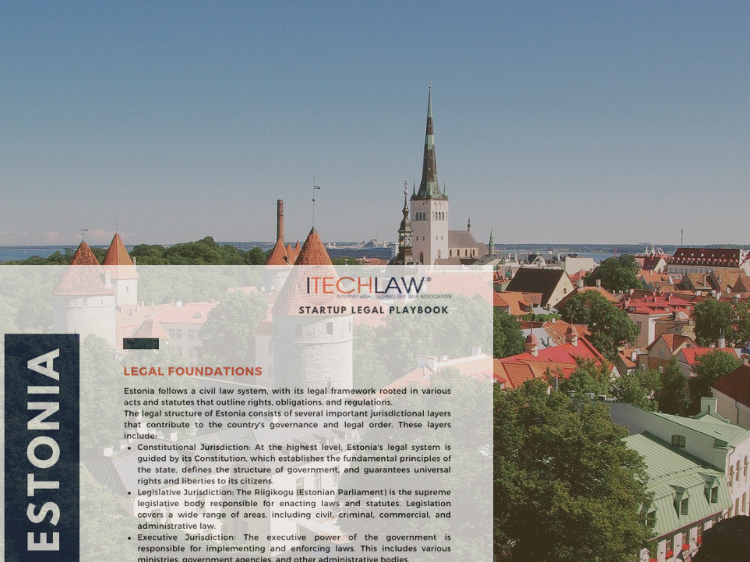
The issue
A European consumer group has recently complained against a host of airlines, including those in Finland, for misleading consumers through the practice known commonly as “greenwashing”. These complaints are a concrete example on how the green transition places consumer law in a focal position for companies moving forward.
Lawmakers in the European Union have committed to facilitate and develop sustainable consumption within the European Union. In hope of achieving this goal, the European Commission has proposed significant amendments to the current consumer protection framework.
The purpose
The purpose of these amendments is to enable consumers to make more informed purchasing decisions thus facilitating the shift towards a circular economy. Furthermore, the amendments aim to improve the qualitative aspect of consumer protection by dealing with misleading claims in regard to the environmental statements issued by businesses.
The directives
The amendments in question relate to two directives that focus on consumer protection. These directives are the Unfair Commercial Practices Directive 2005/29/EC1 (the UCPD) and the Consumer Rights Directive 2011/83/EU (the CRD).
Proposed amendments to the UCPD
The proposed amendments to the UCPD focus on extending the scope of the directive in terms of both “product characteristics” and “commercial practices”.
- Product characteristics are extended to incorporate ‘environmental or social impact’, ‘durability’ and ‘reparability’. For instance, consumers have more information in regard to the length of durability and the extent to which spare parts are available.
- The UCPD will prohibit using misleading commercial practices, if they cause or are likely to cause a transaction that would not have otherwise occurred. These are outlined as making claims in relation to the future environmental performance without commitments, targets and independent monitoring.
- Commercial practices are also extended to include a list of practices that are considered as unfair or misleading in all circumstances. The list is extensive and is outlined in Annex 1 of the directive, commonly known as the “black list”. The general character of these practices lies for instance in limiting the functionality of the product after purchase or presenting the product as more sustainable than it is in real terms.
It Is worth noting the latest Council mandate which outlines that commercial practices outside the scope of Annex 1 are not per se fair and remain subject to other articles in the UCDP, highlighting the pertinent need for businesses to assess the UCDP wholistically.
Proposed amendments to the CRD
The proposed amendments to the CRD focus on the requisite pre-contractual information provided by traders, particularly regarding contracts made from a distance. These requirements are extended through the addition of:
- information on the producer’s guarantee, or on its omission, in regard to durability,
- information on the provision of software updates for digital content and services by both the producer and provider,
- the reparability score of the good, or other information on reparability in the event a reparability score is unavailable.
The effect
As a result of these amendments, the information that is at the disposal of consumers will be more robust both in terms of the quality and quantity of information. Businesses will have to assess consumer protection in a new light, as they will face the risk of claims for remedies if the amendments are not complied with. The risk is further quantified by the compound nature of consumer claims and the respective enlargement of risk.
The path from the proposal to the present
The proposal was put forth by the European Commission on 31.03.2022. The procedure has progressed to its current point, whereby discussions were held within the Council of the European Union and its preparatory bodies on 15.05.2023.
The draft legislative act has been transmitted to the national parliaments, including the Finnish parliament. Overall, the authorities in Finland have expressed a positive response in terms of the amendments. Furthermore, Finland hopes to see ambiguity issues addressed in terms of the “black list” of the UCP. Additionally, Finland’s stance on the amendments also seeks to resolve issues in regard to challenges in validating third-party certifications.
It is worth noting that as of the date of this publication, the legislative procedure is ongoing. Therefore, the amendments remain under scrutiny in member states, and it is likely the amendments will see changes before they are adopted, particularly as the amendments have already seen significant change at Council level.
Heikki Wide from Magnusson welcomes the enhancement of the regulations: “I think that all of us want to make purchasing decisions which help us to preserve our planet and we need accurate and relevant information to do that. I hope that the new regulations will provide a clear framework for businesses in informing consumers of their products. Clear regulations also enable law firms to give useful advice to clients upfront, rather than resolving complicated claims afterwards”, says Heikki.
Our team is happy to provide more information and help you with any questions you may have concerning EU’s new consumer protection framework.
Contact

Heikki Wide
Partner
Banking and Finance, Commercial, Corporate and M&A, Energy, Industrials
Send me an email +358 40 759 1591









